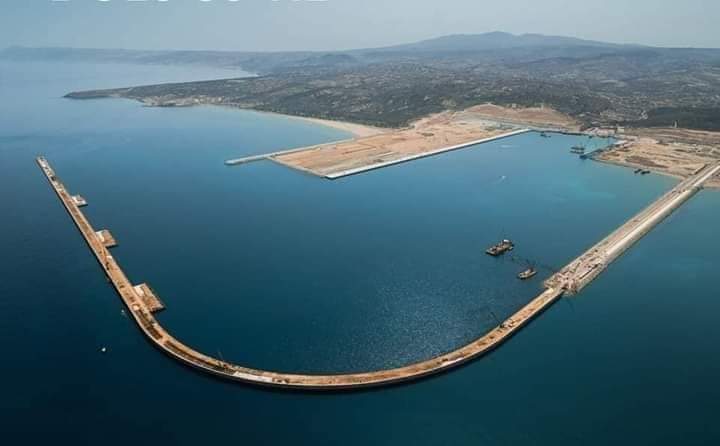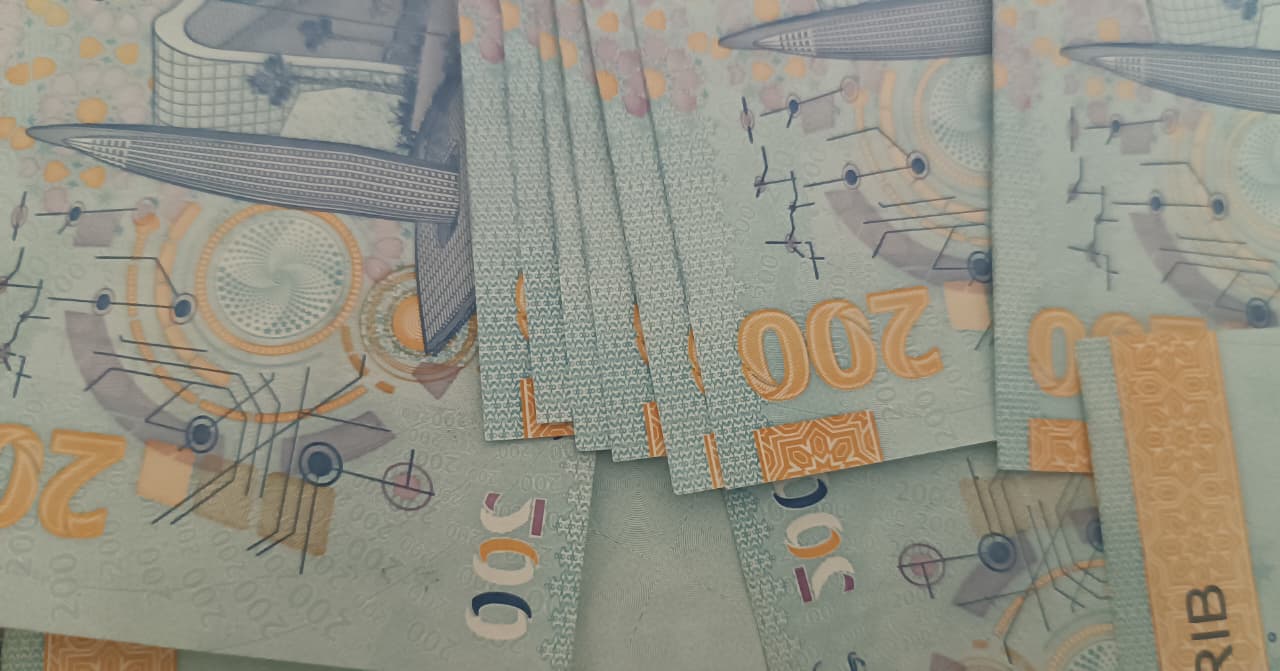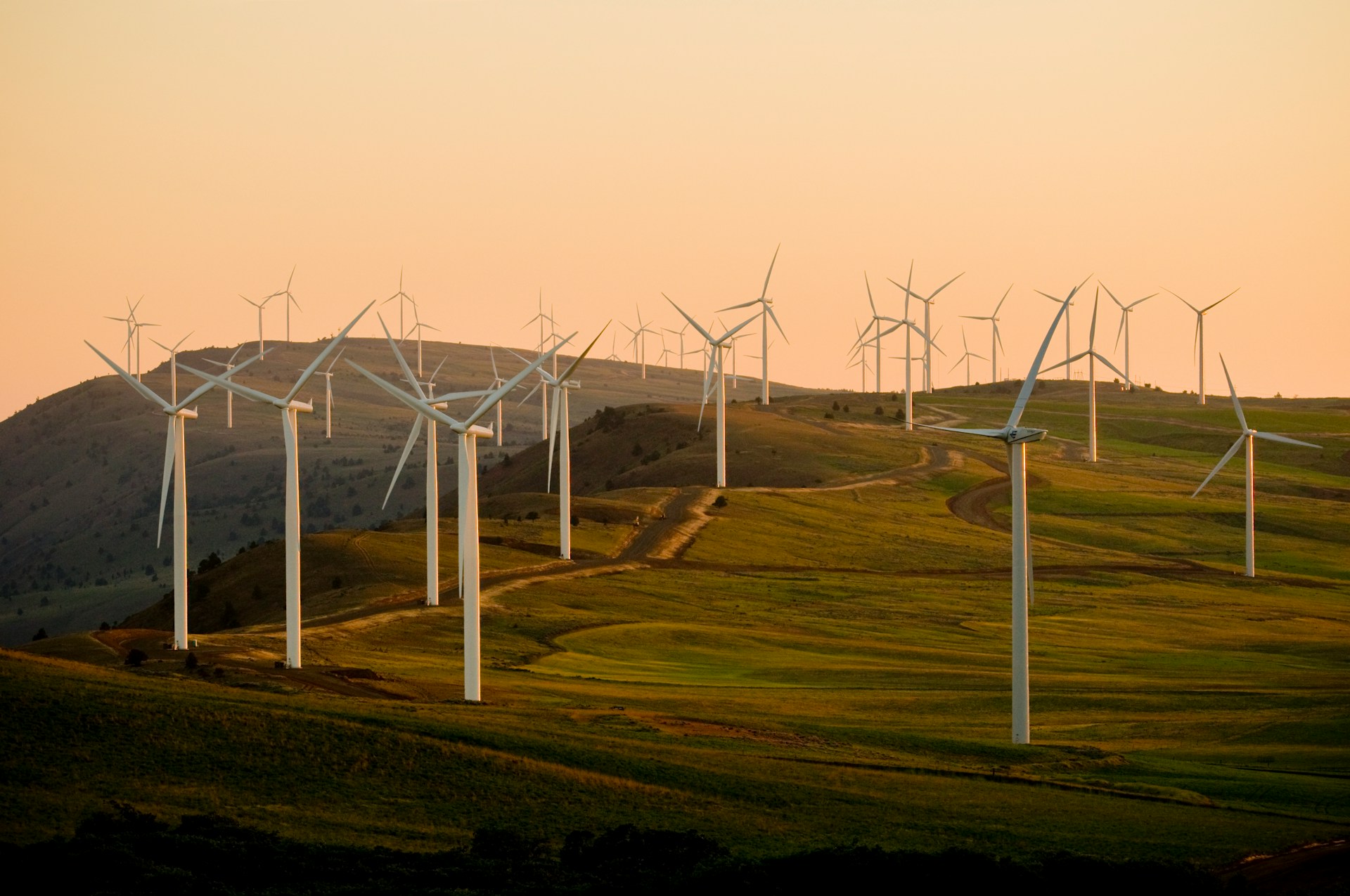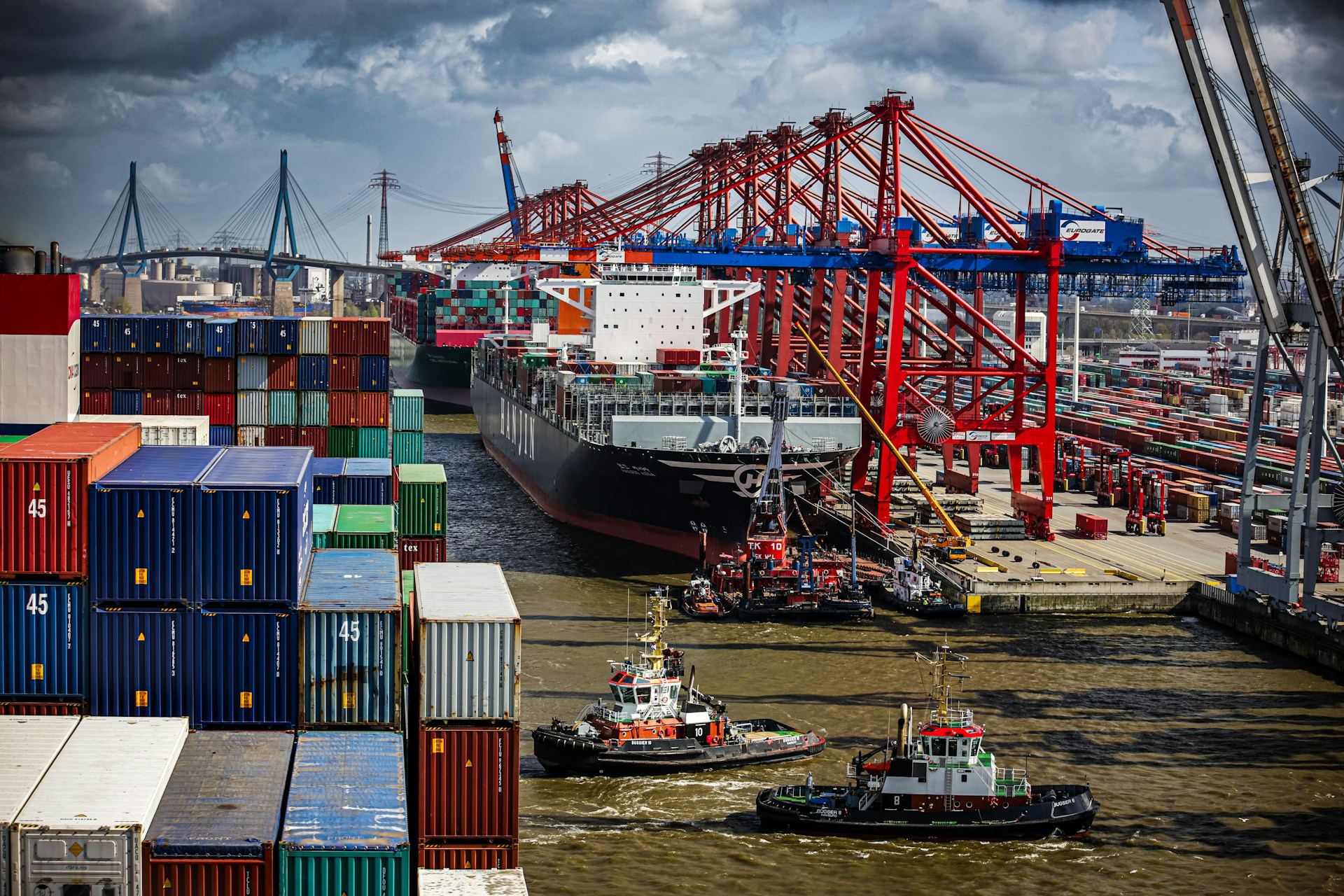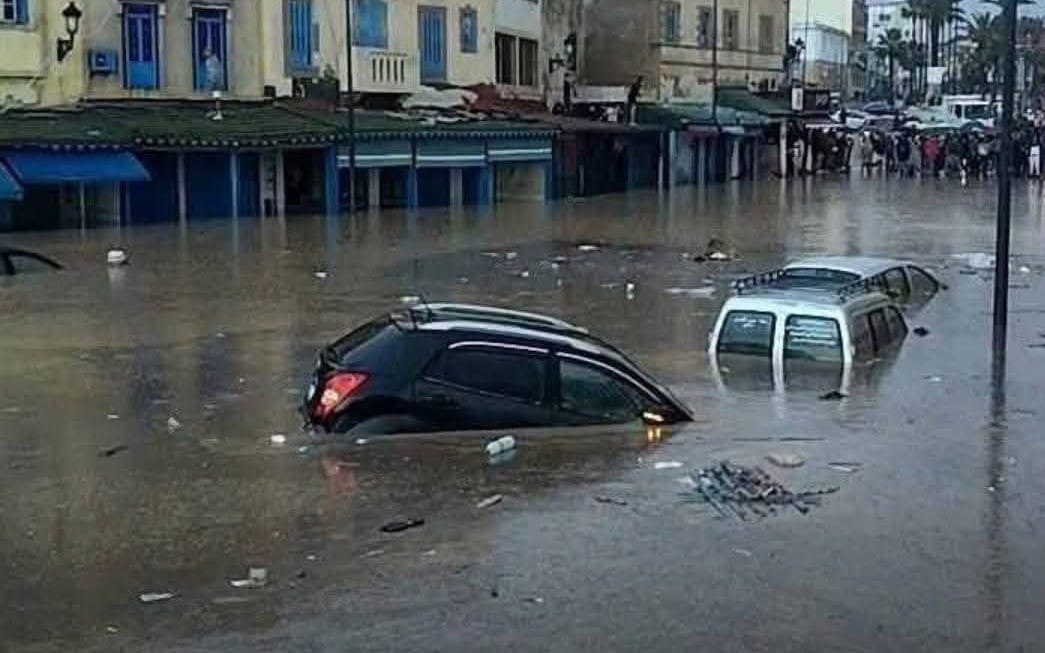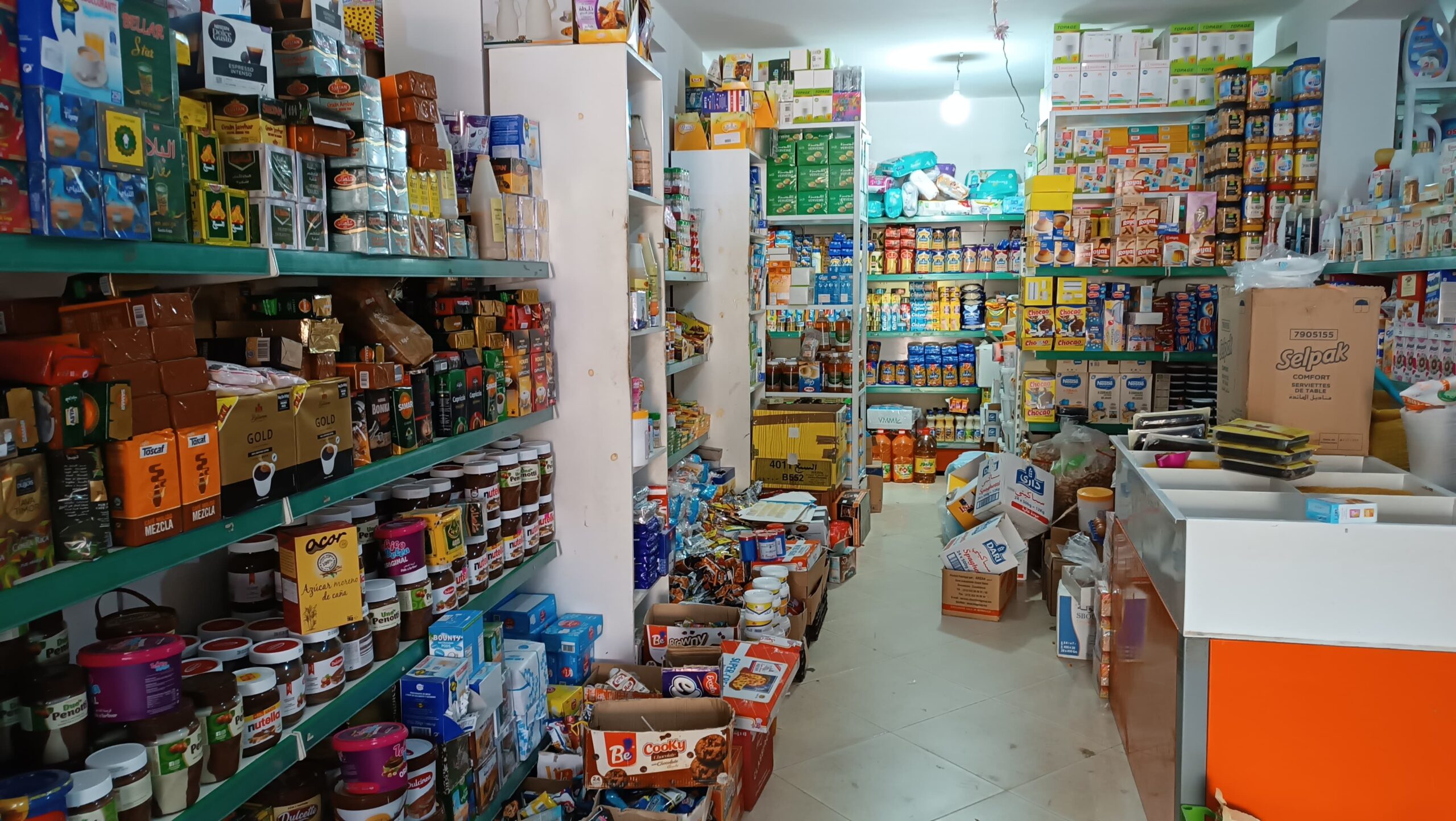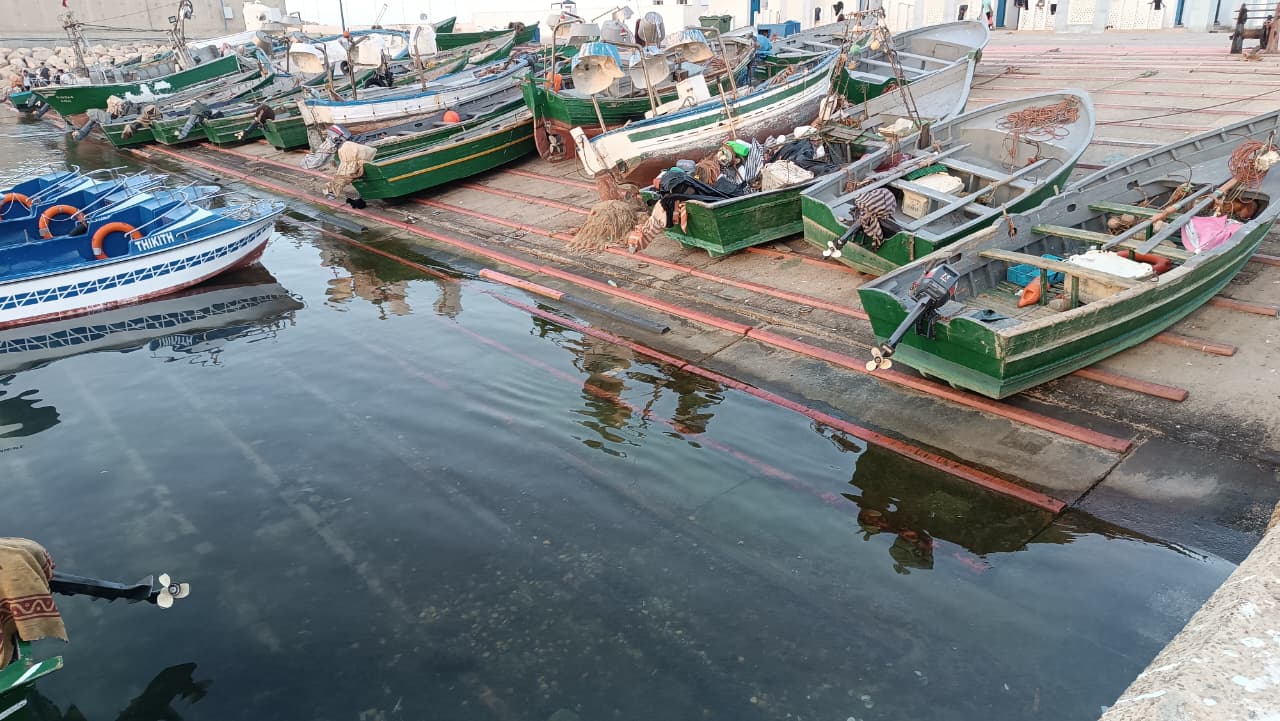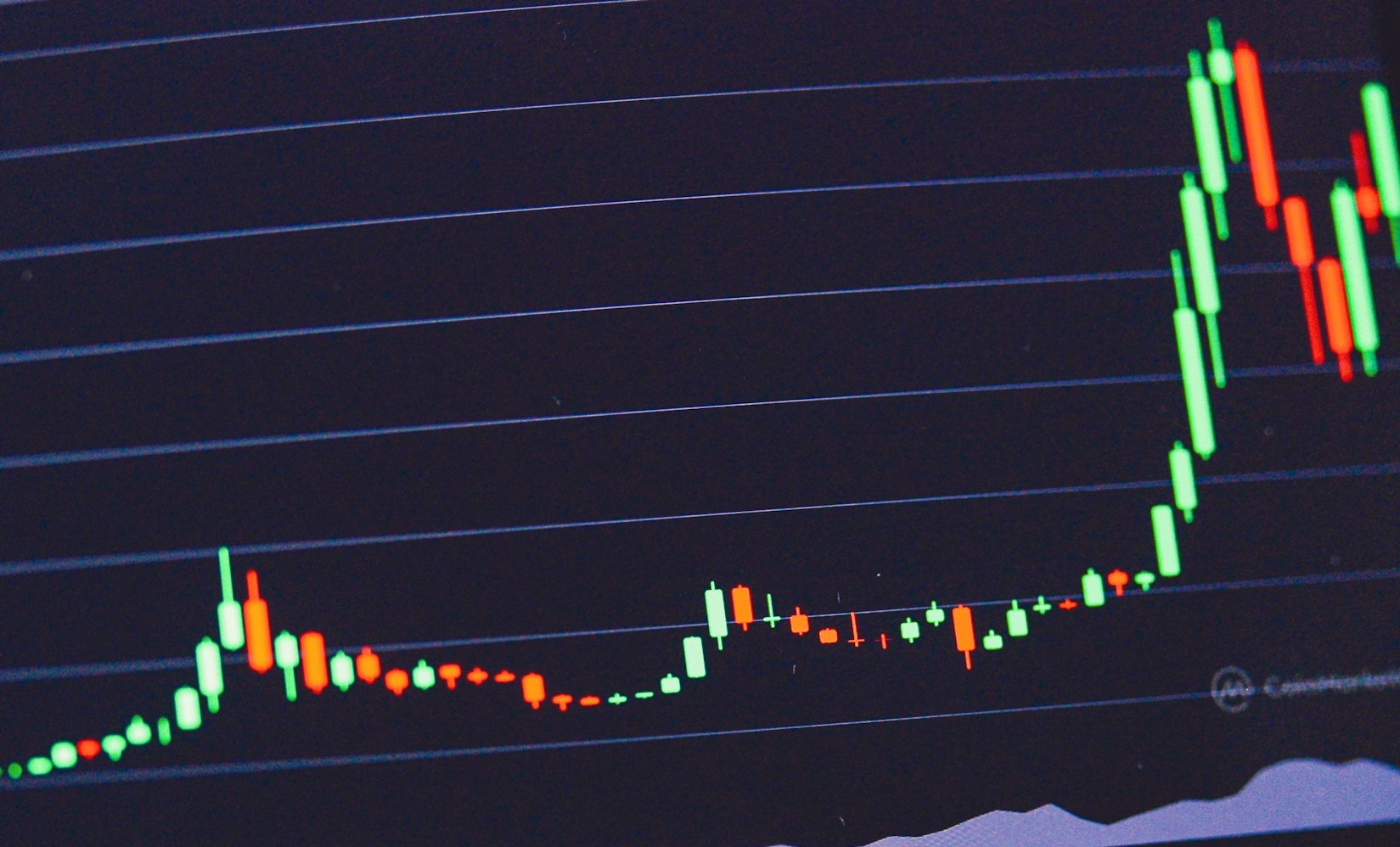Casablanca – Private sector investment in global infrastructure witnessed significant activity in 2023, with Morocco emerging as a notable beneficiary, receiving $117 million for infrastructure projects. The World Bank’s latest report on private investments in low- and middle-income countries revealed a total global investment of $86 billion in infrastructure, marking a slight 5% decline from the previous year.
Despite the overall decrease, private sector investments in infrastructure remained consistent with the five-year average from 2018 to 2022. Last year, 68 countries, including Morocco, saw investments across 322 projects, indicating an increase from the 54 countries and 260 projects recorded in 2022.
Notable growth was observed in specific regions, particularly in the Middle East and North Africa (MENA) and East Asia-Pacific. The MENA region experienced significant investment growth, nearly doubling from $1.4 billion in 2022 to $2.9 billion in 2023—a 104% increase.
Egypt played a leading role in private infrastructure investment, contributing 80% of total investments with $2.3 billion across six projects. Tunisia attracted $292 million through two investments, while Morocco secured $117 million for two projects. Algeria, Libya, and Djibouti also benefited from these investments.
The report underscores the growing importance of private sector investments in infrastructure for supporting economic and social development in low- and middle-income countries. Despite challenges in certain regions, these investments contribute to enhancing essential infrastructure capacities and fostering sustainable long-term growth.
Furthermore, the report highlighted a threefold increase in energy sector investments in 2023, primarily benefiting the East Asia-Pacific region. Notably, 97% of electricity production projects focused on renewable energy sources, aligning with global efforts to reduce greenhouse gas emissions.
Additionally, 26 International Development Association (IDA) eligible countries received investment commitments totaling $4.3 billion in 2023, representing an 18% increase from the previous year. These countries recorded a record number of 53 projects, indicating a strong commitment to infrastructure development and economic advancement.
The World Bank’s report, which has been ongoing for forty years, underwent modifications in 2019, including the addition of the Municipal Solid Waste (MSW) sector to the database. This sector encompasses projects involving private participation in municipal solid waste collection, transfer, treatment, and disposal as a public service.
The report highlights the evolving landscape of private infrastructure investments globally and their critical role in advancing economic development and sustainability across diverse regions.







